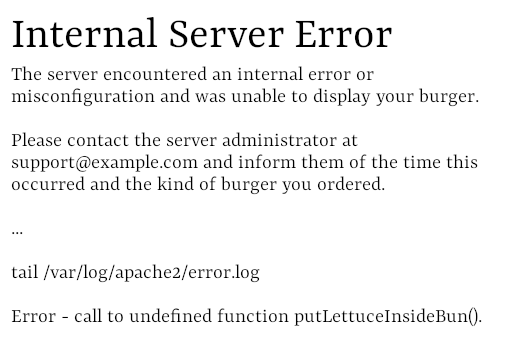

Points for the correct answer. I work on systems for spacecraft and podman is what we use on those for containerization (better option for a couple reasons)… but we literally just SAY docker to the suits, because that’s what they’ve heard of. Which is why I said docker to this guy.










Winter is coming